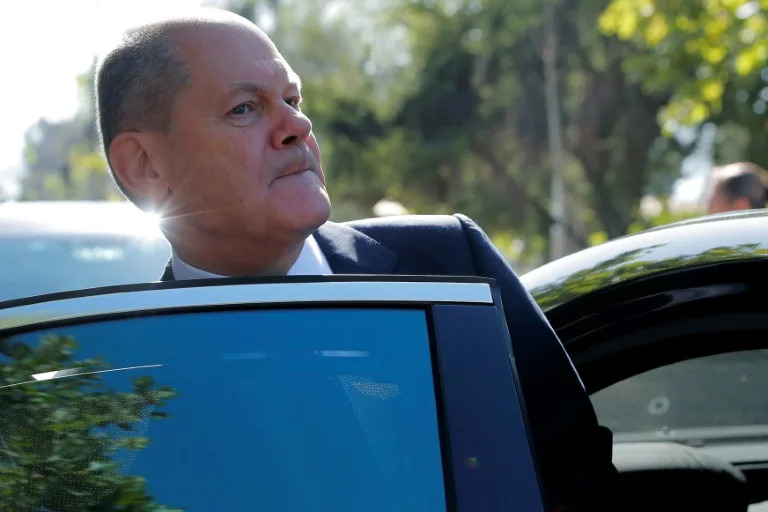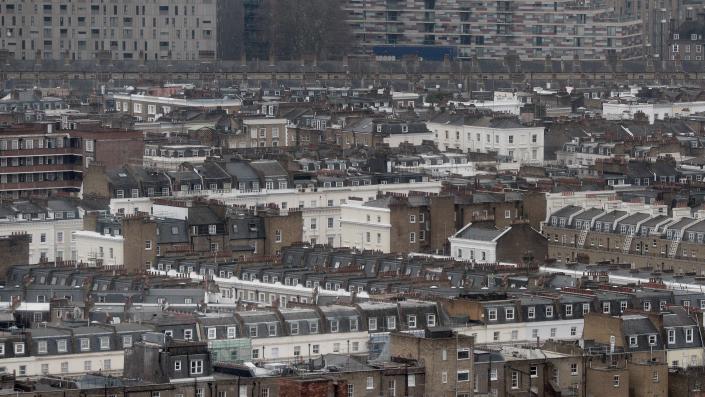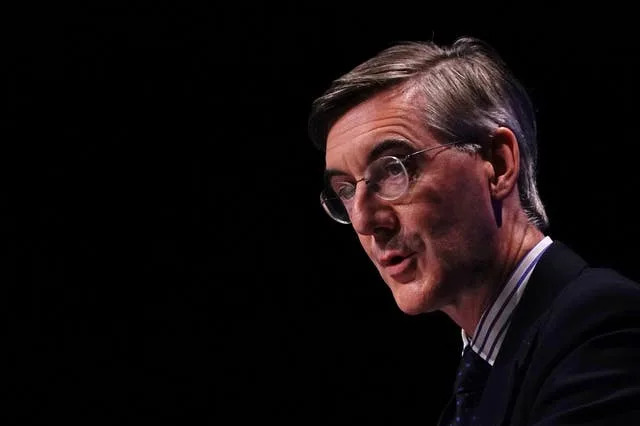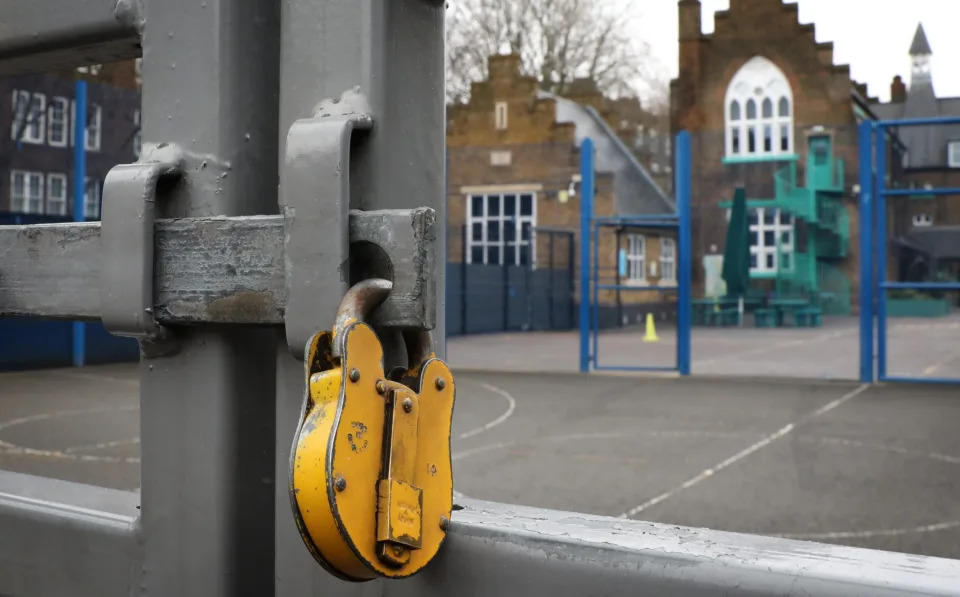Andrew Griffin
Mon, 30 January 2023

(Getty Images)
A new machine learning method has found eight previously undetected “signals of interest” in the search for alien life, scientists say.
Those signals of interest – coming from five stars relatively near to Earth – could possibly be indications of alien intelligence on other worlds, they say.
And those targets – and others like them – mean that artificial intelligence could allow us to finally find signals of life beyond Earth, according to researchers.
Much of the hunt for extraterrestrial intelligence looks for “technosignatures”, or signals that could have come from alien technology, accidentally or on purpose.
But scientists struggle to find those technosignatures in part because there are so many interesting candidates, much of which comes from interference.
The new system is intended to allow researchers to comb through the vast amount of data coming to us from the universe, and help us more quickly pick through to find signals that might be of interest. It could also let researchers filter out false positives, which can happen when instruments pick up interference from human technology, for instance.
It has already found eight “promising extraterrestrial intelligence signals of interest not previously identified”, researchers write in a new paper describing the system.
However, repeated observations of those targets has not yet resulted in the re-detection of signals that are similar, scientists say.
Most of the search for technosignatures has focused on radio frequencies, because they travel easily through space and systems for sending and detecting them can be built relatively easily. In particular, researchers look for narrowband radio signals that can be more easily picked apart from natural radio emissions that occur regularly throughout the universe.
The new system hunted through data that has been collected on those radio signals, which have come from throughout the universe. It is described in a paper, ‘A deep-learning search for technosignatures from 820 nearby stars’, published in Nature Astronomy today.
Scientists search through 115 million snippets of data, and found almost 3 million signals of interest. The researchers note that tat is probably an “overcount” given the way the system hunts through those snippets, and many of the signals probably do come from interference.
After filtering out signals that appeared to be false positives, they were left with 20,515 signals. Of those, they found eight “signals of interest” that grabbed the interest of researchers.
The eight signals come from five different stars, all between 30 and 90 light years from Earth.
The researchers say that they did not attempt to make any conclusion on whether those signals are “genuinely produced by” extraterrestrial intelligence. They urge other scientists to keep examining those targets, in the hope of finding out where the signals have come from.
What’s more, the same method could be used to look through other big datasets, with the hope of speeding up the search for life on other worlds, they say.



















